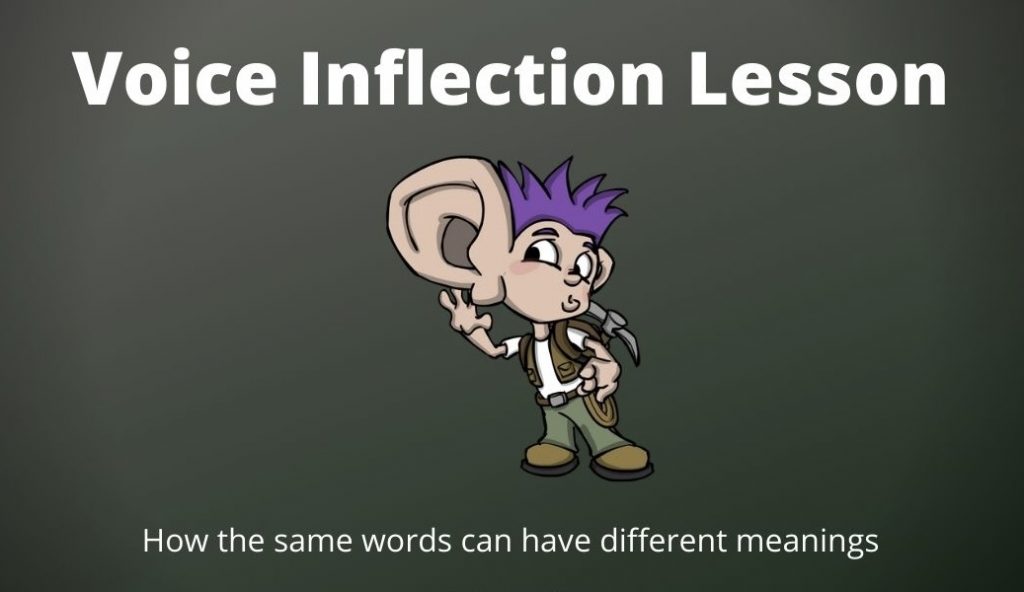How AI Is Changing the Voice Acting Scene The art of voice acting has been an integral part of the entertainment industry for decades, adding depth, emotion, and personality to characters we know and love. However, the emergence of artificial intelligence has brought significant changes to this timeless craft, challenging traditions, and reshaping the very...
Voice Acting in Portland, OR or other smaller cities
Doing voiceover in Portland has changed dramatically due to the internet, technology in general, and the pandemic. Whether you’re just starting out and looking for voice acting classes, a voice over coach, or are ready to find work, we will cover all the areas that address how you’re impacted by being here as opposed to a bigger city or the middle of...
Best Voiceover Tips 2022
After casting, coaching, and directing demos for almost thirty years, the awareness around the nuances surrounding a great VoiceOver performance start to add up. While there are so many techniques in voice acting - that’s the one element right there that counts the most…the acting. So let’s start there. What is acting? It’s make-believe. Yes,...

Voice Acting Inflection tips
Tips for using inflection in voiceover Inflection in voiceover, and therefore in everyday speech, happens all day long. Our speech patterns sound like a rollercoaster, and if you’re a sound engineer staring at that screen filled with wavy lines all day, it looks like one too. We almost can’t speak in monotone as it’s not our inclination. The vocal chords...

When you mess up
Even voice-over pros flub their words! Do yourself a favor when you make a mistake in the middle of reading your voiceover script - take a nice slow breath. Think of your breath as a palate cleanser. You don’t want to jump right back in to your audition in “mess-up mistake mode.” Breathe, and reset your gears. You will now go back in to your performance...
